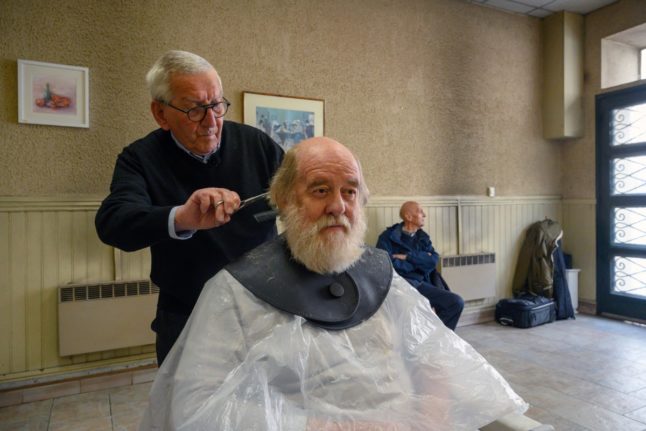All work-related rules in France are governed by the Code du Travail, an enormous doorstop of a document that covers everything from eating a sandwich at your desk to working hours and holiday.
It’s also regularly revised and updated and the latest change comes courtesy of the Loi pour renforcer la prévention en santé au travail (Health and prevention at work reinforcement law) which came into force on March 31st 2022.
The Code du Travail now includes an expanded definition of what constitutes sexual harassment or sexist behaviour in the workplace.
- Comments and behaviour with a sexist connotation ;
- Comments and behaviour with sexual or sexist connotations by several people, in a concerted manner or at the instigation of one of them, even though each of these people has not acted repeatedly;
- Comments or behaviours that happen successively, coming from several people who, even in the absence of concerted action, know that these comments or behaviours characterise a repetition.
- Contrary to the Penal Code, this new definition does not require an intentional element to constitute sexual harassment. – sexual harassment in the workplace is defined by what is suffered by the employee, not by the intention of the perpetrator or perpetrators.
In order to comply with the law, employers must now update their internal guidance to reflect the changes. It is recommended, by not compulsory, that employers also offer training on what constitutes sexual harassment and ensure that there is a sexual harassment delegate on employee committees.
READ ALSO Workplace romance: The rules on dating colleagues in France
Despite its reputation as the country of l’amour, France has a major problem with sexual harassment – in particular women report being regularly harassed on the streets and on public transport.
Public transport operators have launched numerous initiatives and awareness campaigns in recent years.
In 2018 France made street harassment a criminal offence, with an on-the-spot fine of up to €1,500 for behaviours including catcalling, asking intrusive questions, unwanted following, “upskirting” (taking pictures under a woman’s skirt without her knowing) or even just commenting on a woman’s looks or clothing.
However, enforcement of the law remains patchy.
READ ALSO Sexual harassment in France – is it truly worse than other countries?



 Please whitelist us to continue reading.
Please whitelist us to continue reading.
Member comments